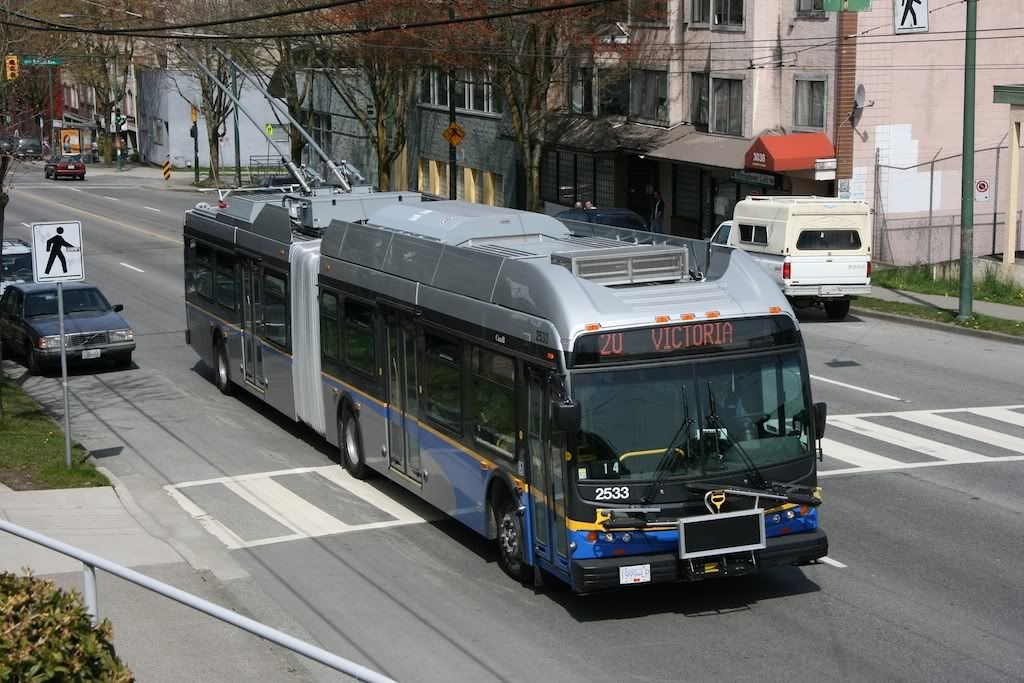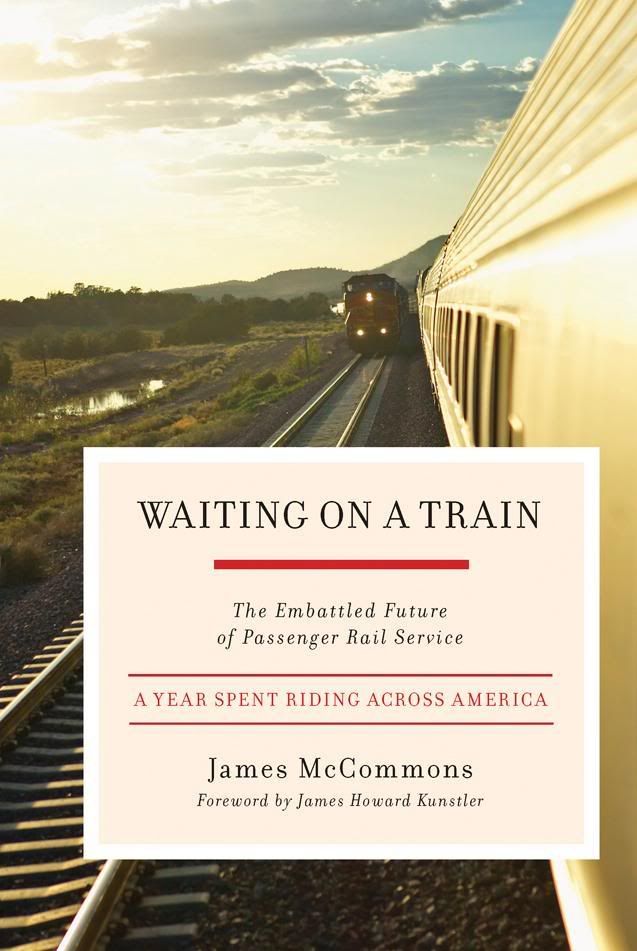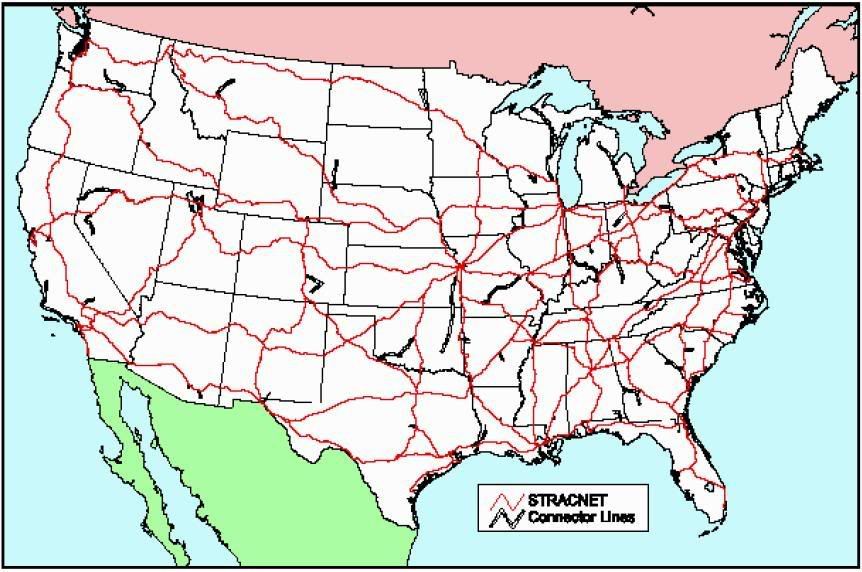I’ve recently relocated to the Washington, D.C. area. In so doing, I’ve recognized the vast amount of good that can be accomplished with a combination of concentration of wealth and an educated populace situated in one precise location. The all-important achievement of critical mass proves itself essential yet again. Still, I have to say that I won’t ever be inclined to take these gifts for granted, like so many in this town seem inclined to do. Growing up where I did, even in the suburban South, I was raised without certain benefits and expectations upon which residents in this city would pitch a fit in protest if they were ever not provided. For example, I did not have the ability to utilize adequate public transportation. Nor was I inundated with places to purchase organic produce or earth-conscious consumer goods. I was never reminded to bring my own reusable grocery bags to the supermarket. Walmarts were never banned, instead they were embraced. Republicans were the people one lawn over, not someone miles away far removed from the hustle and bustle of the city. Likely some family in the neighborhood refused to celebrate Halloween, leaving two bowls full of untouched religious literature instead of candy, thoroughly disappointing trick o’treaters in the process.
Every day on my way back and forth to do daily errands, I wade through a stream of college students whose parents must overwhelmingly well-off. I know the parents must be, because these students never seem to have to work and I doubt they could afford the things they have on a waiter or waitresses’ salary. Their privilege shows plainly, down to their expensive clothing, high-priced accessories, and nonchalant, dismissive attitudes. Despite my best intentions, I admit with no small discomfort that I find it hard not to resent them. In my own college days, admittedly still not that far in the rearview mirror, I recognize some slight similarities between them as they are now and the person I was a few years back, though the differences are far more glaring. In seeking to avoid building my own personal mythology upon a foundation of smug superiority or paternalistic moralizing, I instead share my own story.
Though I was a scholarship student, my full college tuition was awarded on the basis of my being disabled. Though there had been ominous rumblings ever since my birth, namely that I was a frequently sick child, the proper onset of my illness did not arrive until midway through high school. After frequent, lengthy hospitalizations and other disease-related distractions, my grade point average plummeted. Until then, I had been on track to go to more than a few schools whose very names themselves connoted mystical respect and unquestioned prestige. However, by the time college appeared on the horizon and emerged from my latest pleasant hospital stay, I only qualified for in-state offers. As such, I made my final decision purely on the sensible basis that I ought to stay close to my doctors, since it was highly likely I’d need extensive treatment in the near future. In hindsight, it was a wise decision, and one that proved to be correct, but to this day I have a hard time choking back my bitterness. How I would have loved attending a prestigious school in a solidly blue city!
At the time, I didn’t realize that often the quality of instruction and educational merit of colleges and individuals isn’t vast, especially since college success is directly proportional to what one puts into it, but what cannot be discounted in the least are the networking opportunities that arise from attending a well-connected school. What has made my recent job search difficult is that I simply did not have the opportunity to attend a noteworthy college or university. I do recognize that this fact is due to external factors upon which I had absolutely no control and, as such, it’s not like my own laziness or academic underachievement are to blame. Still, in this abysmal job climate, who you know, or who you know who knows someone who will go to bat for you is much more important than achievement or merit. This is especially true in politics and probably has always been.
For example, my tenth grade English teacher became Laura Bush’s press secretary based on having been in a sorority with someone’s daughter, whose father happened to be a well-connected Republican. On the Democratic side of the ball, I note that this past weekend I attended a huge house party held not far from Capitol Hill. Most of those who attended were Hill staffers, and though it would be a vast oversimplification to state that most of them clearly had not gotten their jobs based on their intellectual prowess alone, they did give every impression of being of the former frat boy persuasion. One could also safely wager that they had achieved their positions in much the same fashion as my former teacher. I need to point out here that those of us who believe in government’s inherent capability to skillfully, and competently solve a multitude of problems might have emerged somewhat less certain of it after spending a few hours uneasily rubbing shoulders and listening to conversations.
Andrew Jackson was the first President to advance the spoils system without any apology for the procedure, but I doubt he was the first to utilize it to reward supporters and well-connected constituents. A rather large and glaring discrepancy exists between the system as it is and the one upon which we place our full trust. Over the years, a multitude of reforms have been passed to level the playing field, which include everything from Affirmative Action to campaign finance reform, but regardless of intent, interpersonal connections or the lack thereof circumvent our best intentions. To some degree, it’s understandable that we function in such a way. Anyone in a management position will feel more comfortable hiring someone whom he or she knows he or she can trust or whose good name can be reliably vouched for by someone he or she knows personally. Even so, it’s people like me who never had the ability to make those sorts of connections in the first place who end up shortchanged. Nor is this a system that leaves out purely the disabled.
Many highly-qualified candidates get shuffled to the bottom of the deck automatically. If they do not have an in to the established network, then they are much less likely to make it past the very first step. Nor is this regrettable situation solely applicable to job seekers. It wasn’t until I moved here that I realized how overwhelmingly the Northeast corridor shapes so much of our national discourse and our national identity. I have observed that those in the news business at times express a justified consternation at the kind of unilateral narratives that are advanced by the Washington-to-New York pipeline at the expense of the rest of the country’s news agencies. Sometimes these mini-narratives hold water but often they prove themselves to be not quite as notable, nor as important as they’d like to believe. Even as a child, I recognized how even the stories and historical anecdotes found in the textbooks I read in elementary school focused heavily upon the cities of the East Coast, as though by implication they themselves were all of America. If the South, by contrast, was ever mentioned, one either read of a romanticized notion of chivalry and gallantry nearly a century out of date or as an invocation to hear again of the shameful history of a racist past—a past never allowed to be forgotten. At times I feel a sort of kinship with modern day Germans, since I imagine they are never allowed to forget about the Holocaust, either.
As for the problem between the favoritism we have and the meritocracy we believe we have, this is a disconnect that will not change so long as the existing power structure does not recognize the problem and does not make the needed internal reforms. Much like the entitled rich kids I file past every day, I doubt most even contemplate their own complicity in a system that, if they ever were questioned about it, they would wholly justify by saying that they were merely the latest to inherit it. Like so many institutionalized and enmeshed inequalities, few feel any compulsion whatsoever towards reform because few give it serious contemplation. If you’d like my unvarnished opinion, I think that until we get this particularly unfortunate discriminatory practice under control, we’ll run into complication after complication in every other reform measure we push. It has been my experience that the most virulent ills are not the ones we can plainly see, but the overarching underpinnings and framework that are common to everyone, regardless of identity group or leaning. The basic premise of preferential treatment is not necessarily unjustified, but when we assume that brand name, family name, or college name trump everything else, then we run into massive problems. The clothes do not make the emperor.
 Huh, seems me that whatever the state of my various concerns, the agenda of the Sunday Train has been taken over by the White House … funny how announcing the recipients of a total of $8b will do that.
Huh, seems me that whatever the state of my various concerns, the agenda of the Sunday Train has been taken over by the White House … funny how announcing the recipients of a total of $8b will do that.
 Note that the statement is abbreviated for the title. The full statement is, a common carrier like a train, bus, or plane that running a profit based on passenger revenue while paying its full operating and capital cost is charging too much for its tickets.
Note that the statement is abbreviated for the title. The full statement is, a common carrier like a train, bus, or plane that running a profit based on passenger revenue while paying its full operating and capital cost is charging too much for its tickets. Flying home from the Economist’s national conference Atlanta (see note1) my brilliant entertainment plan to pass the day lost flying home from Atlanta fell apart.
Flying home from the Economist’s national conference Atlanta (see note1) my brilliant entertainment plan to pass the day lost flying home from Atlanta fell apart. The
The